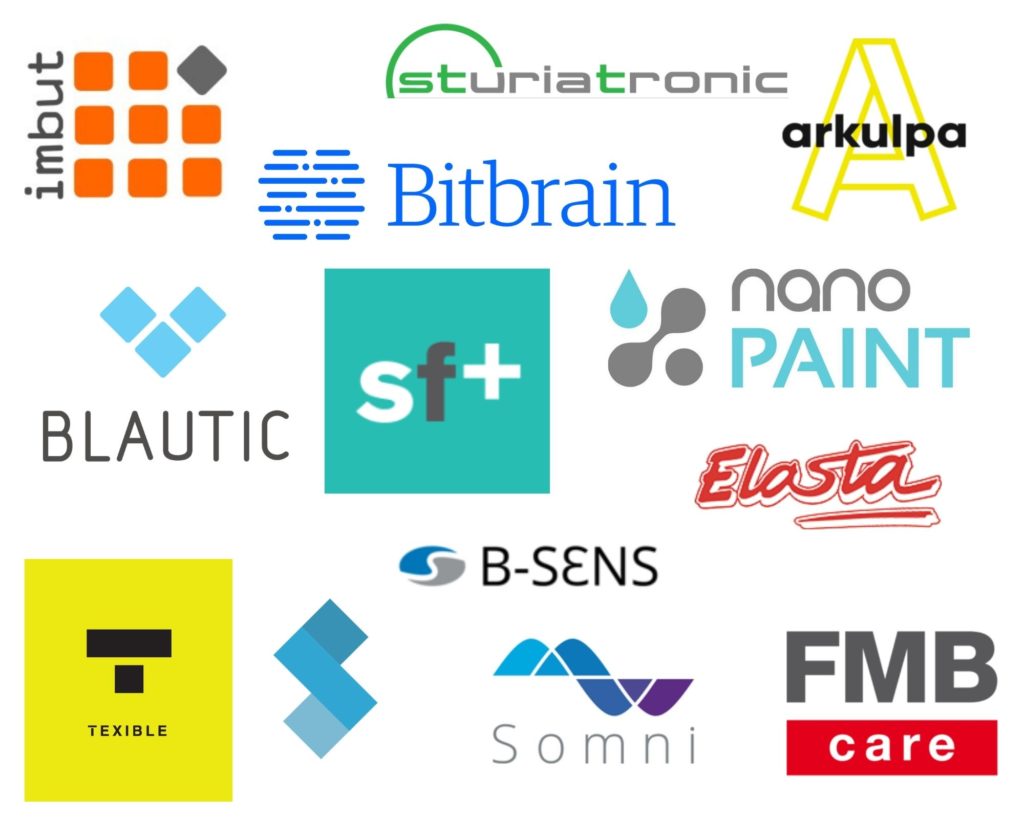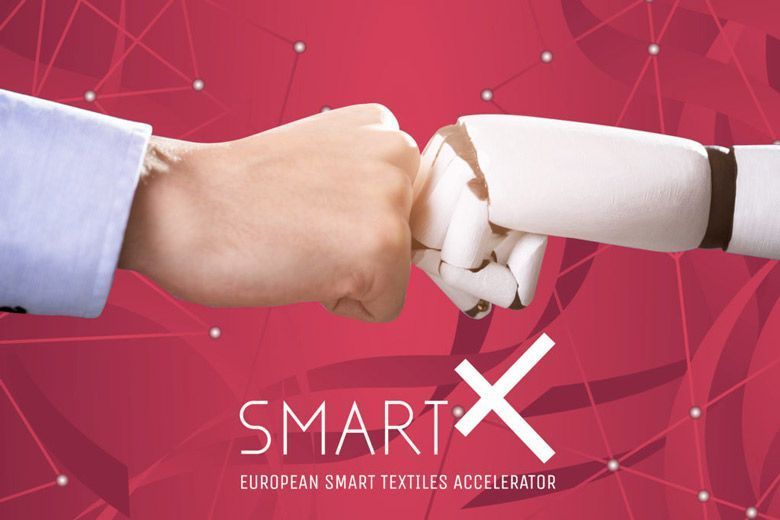Announcing winners of the third & final SmartX Europe funding call
The third and final SmartX funding call closed on February 3, 2021, leaving our team smiling. Unexpectedly, it turned into the biggest call among all three, with 43 eligible applications submitted. A total of 87 small and medium-sized enterprises (SMEs) from 16 different European Union and associated countries participated in the call. Unfortunately, due to budget constraints, we were able to award SmartX grants to only six projects involving 13 SMEs from eight countries. The winners were chosen during a tough selection process and today we are pleased to introduce them to you. [View our Selection Committee]
In case you’ve missed it… Read about all our funded projects:
Winners of the second SmartX call
Winners of the first SmartX call
Here are the final six winning projects and their goals.
Wearable EEG (electroencephalogram) for sleep monitoring and assessment based on smart textiles. Developed by BitBrain from Spain, it’s a single SME project tackling the consumer health market (duration of 12 months, from April 2021 to April 2022). The goal is to build and commercialise an accessible and reliable EEG device based on smart textiles for self-managed sleep monitoring. It will be combined with a software for automated data processing and evaluation of sleep quality (automated sleep assessment).
PiKKU ACTIVE from Blautic, another Spanish SME, is a 12-month project (April 2021 – April 2022) focused on the sports end market. Its goal is to incorporate a new product (Pikku® ACTIVE) into Blautic’s catalogue by adding a new feature: the measurement of muscle activity (electromyography or EMG). It would allow for physical activity to be measured simultaneously using both IMUs (inertial measurement units) and EMG. A system of textile electrodes attached to any muscle group of the body would be integrated into Pikku devices and collect signals from several at the same time. These variables could be then used for the analysis of athletes’ daily work and recovery exercises, as well as physiotherapy during injury recovery.
Body Care is a medical device for the prevention of bedsores, a 12-month joint project (April 2021 – April 2022) by two SMEs from Portugal: Sensing Future and Nanopaint. It’s an innovative mattress cover with pressure sensors to be installed on hospital beds, with the goal of identifying and measuring critical bedsore parameters. The software will alert the medical team when the patient is required to have mobility, resulting in a significant reduction in pressure ulcers.
Textile integration of a new sensor technology to measure respiratory parameters in an accurate and non-invasive way is a 12-month project (April 2021 – April 2022) developed by two SMEs: StepUp Health Solutions from Denmark and Imbut from Germany. Previous prototypes have successfully measured the respiratory rate and estimated ventilation in various conditions, including intense exercise. Combined with other sensors, such as an ECG and an IMU, the new product will provide many insights that might transform several fields. This project could also allow for turning the prototypes into mass manufacturable smart clothing.
Sambasoft is a 12-month joint health project (April 2021 – April 2022) by three SMEs: B-Sens from Belgium, Somni from the Netherlands, and Elasta from Belgium. Together, they aim to develop a fully operational prototype of an ambulatory monitoring system to dynamically detect movements of the vertebral column using optical fiber sensors integrated in a textile. Coupled with a user-friendly interface, this solution will be useful for easing low back pain, a condition that affects 70% of people in industrialised countries.
Smart Care Textile is a solution to support caregivers, proposed by four SMEs: Texible, Sturiatronic and Arkulpa from Austria, and FMB care from Germany. The project has a 12-month duration (April 2021 – April 2022). They SMEs have come together to develop a washable textile sensor, not noticeable when placed under bed sheets. The textile will provide caregivers with all care-related information and trigger alarms to the nurse call system. It aims to alleviate a common problem in caregiving, i.e. not enough caregivers compared to the number of people in need of care (the at-night ratio is 1:50). What results in overloaded caregivers and accidents. The project will build upon the established product called Texible Wisbi, which measures wetness and bed exit.

With this announcement, we conclude the list of funded projects and SMEs of the SmartX programme. As a team, we would like to highlight the importance of the H2020 Cascade Funding Programmes that help SMEs to innovate and introduce new products to the market.
If you are interested in knowing more about the SmartX-funded projects or their evolution, subscribe to our newsletter and register for the SmartX Community.
